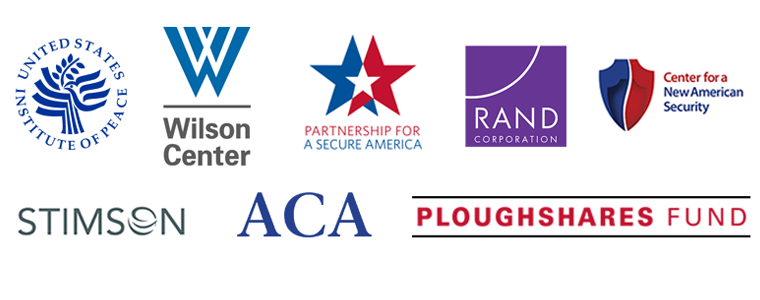The Iran Nuclear Deal: Pitfalls & Promises
Read the Event CoverageAn expert panel explored the outcome of the historic nuclear negotiations with Iran at an event sponsored by eight Washington think tanks on July 23. The discussion was held at the Woodrow Wilson International Center for Scholars.

Who got what in the Iran nuclear deal? An Iran scholar, a sanctions specialist and nuclear experts discussed the meaning of the agreement and explored what's next for all parties. This event, held at the Wilson Center, was the fifth in the Iran Forum series sponsored by a consortium of eight Washington think tanks. They are: the U.S. Institute of Peace, the Woodrow Wilson International Center for Scholars, the RAND Corporation, the Arms Control Association, the Center for a New American Security, the Stimson Center, Partnership for a Secure America, and the Ploughshares Fund.
The Wilson Center has made the webcast recording available on YouTube.
Speakers
- Doyle McManus, Moderator
Washington Columnist, Los Angeles Times - Olli Heinonen
Senior Fellow, Belfer Center for Science and International Affairs at Harvard University
Former Deputy Director General and Head of Department of Safeguards, International Atomic Energy Agency - Elizabeth Rosenberg
Senior Fellow and Director of the Energy, Economics and Security Program, Center for a New American Security
Former Senior Sanctions Advisor at the U.S. Treasury Department - Robin Wright
Joint Fellow, U.S. Institute of Peace and Woodrow Wilson International Center for Scholars
Author and Journalist, recently returned from Iran for The New Yorker - Joe Cirincione
President, Ploughshares Fund
Former Professional Staff Member, House Armed Services Committee




